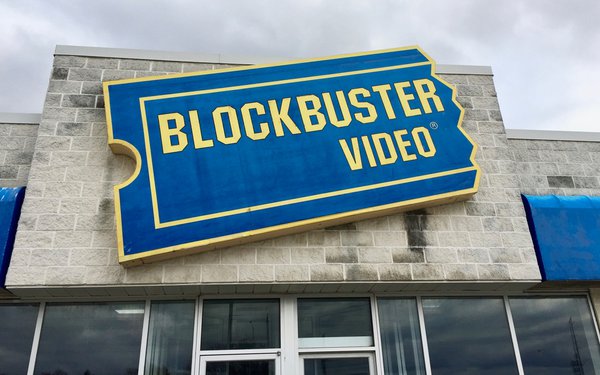
So where does it end? Actors want a share of streaming revenues, and Hollywood producers say no way.
What side is history on?
You can imagine streamers -- already hard-pressed to find a short-term scenario where they become profitable -- will give up this piece of ground.
And in the meantime, one
media/entertainment company -- Walt Disney, with more diverse interests than many competitors -- just raised pricing on all its Disney entertainment parks.
Disney Parks have been the one
silver lining recently for the company, which has seen its stock price crumble. And now comes activist investor Nelson Peltz looking to potentially cause more havoc, which includes angling for one, if
not two, seats on the board.
And we all know what activist investors typically want. For those companies they target to sell off huge chunks of potentially sinking businesses.
advertisement
advertisement
With
some forethought -- long before Peltz made his recent intentions known -- Bob Iger, chief executive officer of Walt Disney, already floated the idea of selling off its array of linear TV networks.
That is a major piece of the company that is still profitable, but is trending down for many obvious reasons.
This isn't to say that Iger won't be true to his word: Indeed, there seemingly
will come a time when Disney -- as well as many other TV-network-based media companies -- will have to do that same thing.
When will that happen? Next year? 2025?
About 20
years ago, the past shows that former Viacom reluctantly -- and perhaps belatedly -- sold Blockbuster Video
in 2004, as consumers were tempted by new platforms around internet connected digital sales/rentals of movies.
But it was actually four years earlier that Viacom made an even bigger mistake --
which to an extent is putting a major hurt on it (as Paramount Global) today: It passed on buying a new mail-order VHS/DVD rental company. That company was Netflix. (And consider Netflix, only
recently stop its DVD video mailing business.)
Actors surely now see the writing on the wall -- and they too are looking backward.
It was in 1980 then individual actors' unions
SAG and AFTRA members went on strike to get supplemental market residuals from sales in videocassettes and pay TV.
Also, it was many years after the ramp-up of the cable TV network
business in the late-1980s/early 90s that actors could make some living from their work on what was then considered an alternative to the TV broadcast network prime-time business.
For sure,
all these businesses also struggled to move to profitability. Back then, many of those cable TV networks were mostly started up by many small/mid-size entrepreneurs -- including Ted Turner -- all of
which had limited original scripted programming.
But the difference was that TV network-based media companies were swimming in profits -- as prime-time network revenues were dominant and
still thriving.
These companies could afford to take changes on new business and technology. Nowadays it is a much trickier financial business proposition.
So.. how long do we need to
wait for history to truly repeat itself?